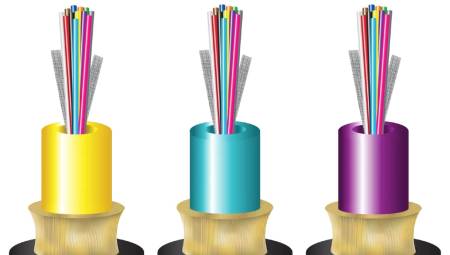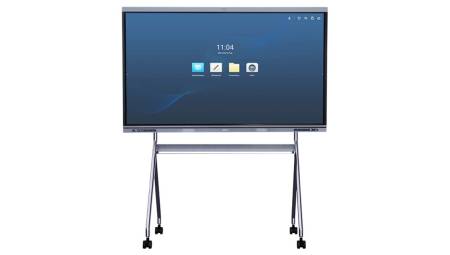Colombia. One of the main gender gaps that continues to be evident is in education with practices in Science, Technology, Engineering and Mathematics (STEM), since it is estimated that equality indicators are not good for disciplines and careers related to these areas. Much of this problem is the inherent perceptions that mathematics and science are activities occupied only by men.
In addition to the above, society, conflict or emergency situations in the sector, the lack of educational, digital tools and the perspective of the family, are the greatest limitations for the female population to avoid STEM education. In fact, stereotypes related to gender skills are perspectives that harm the landscape in equality when choosing a career focused on these practices:
"Girls and women believe that they are complex areas and only for men, distancing them from their reality and limiting them to seeing how implementing technologies, engineering, science and mathematics, can change their lives and the development of a population that enters the digital world," said Laura Segura, Manager of Research and Strengthening in the STEM movement. from BIU University's STEAM Miami 2022 Symposium.
This is how various stereotypes surround women in all spheres of life, including the family, since from there starts the interests and aptitudes that girls will have for the educational formation of their future. However, support is not being created so that they can feel interest in these areas.
According to surveys by the Programme for International Student Assessment (PISA) of the Organization for Economic Cooperation and Development (OECD), they have shown that girls lack the same self-confidence that boys have in science and mathematics, as well as, new analyses reveal significant differences in parental incentives that exacerbate the problem.
However, it is not enough to encourage girls to enter the world of STEM, they also need to feel in an appropriate position to know that they are valued within their roles: "The gender gap in STEM jobs goes back to an unbalanced percentage, as it is crucial to encourage younger generations, especially women, to continue their interest in the field of technologies to achieve equality and competitiveness in organizations," intervened Laura Segura.
On the other hand, according to a survey developed in 2021 by the International Institute of Statistics (ISI), 8 of the 10 best paid jobs are in STEM careers. However, women are not integrating into this type of career, due to lack of knowledge, stereotypes and motivation.
Despite the fact that STEM occupations have a high income report and strong demand on the pay scale, women who gain careers in these areas and enter the workforce face large barriers to success; Not to mention that the female population consistently earns less than men in these professions: According to the 2020 Pew Research Center, men who work in STEM earn 40% higher wages than women.
Compared to Generation X (from 1965 to 1980), women have many more opportunities when seeking careers in these disciplines: "The twenty-first century has been evolving in changing this gap. However, it is necessary for society to be integrated to support – through well-defined policies – the female population so that they are interested in entering the world of science and technology, which are the basis of development in society, knowledge and creativity," said Rina Familia, president of the Dominican Society of Artificial Intelligence. during his speech at the STEAM Miami 2022 Symposium.
In this way, it was possible to demonstrate how in the STEAM Miami 2022 Symposium organized by Broward International University (BIU), not only opinions were shared around the STEAM movement, but also the commitment of institutions to make links between different sectors that are committed to including girls and women in areas of science and technology was announced.
















